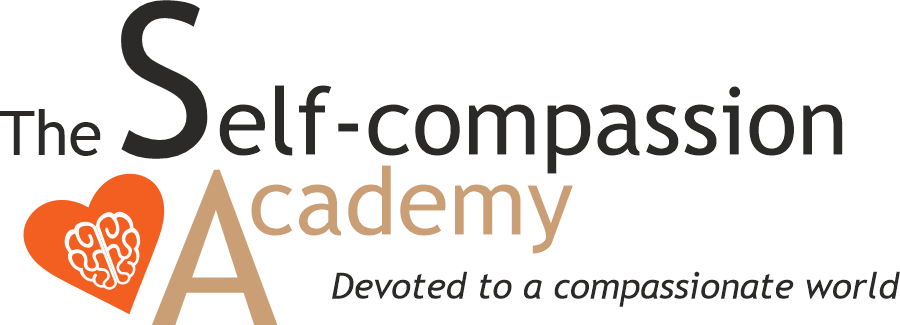We often think of self-compassion as being soft and gentle, sometimes even passive, for yourself. But according to psychologist and researcher Kristin Neff, there’s another side to compassion: one that’s powerful, protective, and bold. This is fierce self-compassion, a form of inner strength that helps you speak up, set boundaries, and stand up for yourself when it matters.
How does fierce self-compassion differs from its softer sibling, and how you can start practicing it in your daily life?
What is fierce compassion?
Fierce self-compassion combines tenderness with action. It’s the ability to care for yourself and take empowered steps when you’re being mistreated or need to make a change.
Kristin Neff, who pioneered research into self-compassion, describes it as ‘mama bear energy’. It’s nurturing, yes, but also ready to roar when necessary.
Where tender self-compassion offers comfort and soothing, fierce self-compassion mobilizes. It says: enough. I deserve better. It fuels acts like asking for a raise, saying no when you feel no, or committing to a hard but healthy choice.
As Neff notes, focusing only on the gentle side can reinforce passivity or self-neglect. Fierce compassion ensures we take action, grounded in care rather than criticism.
What is an example of fierce self-compassion?
Imagine you’re stuck in a draining job that leaves you exhausted and undervalued. Tender self-compassion might say: This is hard. I’m hurting. I need rest. Fierce self-compassion takes it further: This isn’t sustainable, I need to advocate for myself. It’s time to look for something better.
Or consider how you respond to a critical inner voice. A tender approach might offer gentle reassurance. A fierce one might sound like: That voice doesn’t get to run my life. I’m doing my best, and that’s enough.
What blocks self-compassion?
Many of us struggle with self-compassion because we’ve learned to value self-criticism as a motivator. But research shows the opposite: self-compassion is associated with greater resilience, emotional wellbeing, and even healthier habits.
Other common blockers of self-compassion include:
- Fear of selfishness: especially for women or caregivers taught to put others first.
- Perfectionism: where anything less than flawless feels unacceptable.
- Shame: which can make us feel unworthy of kindness, even from ourselves.
Fierce self-compassion requires unlearning these beliefs or habits. It asks us to value ourselves enough to take a stand.
How to practice fierce self-compassion?
Self-compassion, fierce or tender, starts by tuning in to your needs: what do I feel, what do I need, and what action would fit that need?
Here are some ways or exercises to begin practicing:
- Take a fierce self-compassion break: Whether you’re being hard on yourself or need an extra push, a self-compassion break can help. It allows you to pause, view the situation through a compassionate lens, and find the strength to make a positive change. Kristin Neff’s guided motivating break is a great place to start.
- Drop saying ‘I should’. When you catch yourself thinking in terms of what you should be doing, pause. ‘Should’ often comes from external expectations, not your true needs. Replace it with more compassionate language like ‘I could’ or ‘I choose to’ or reconsider if you should be doing it at all.
- Use the power of ‘No’: Saying no is a form of protection. If something harms or disrespects you, even if it’s yourself, compassion may mean walking away or being able to say ‘No’.
- Practice assertive self-talk: Encourage yourself like you would a dear friend who needs to take action. Firm, loving, and clear. Also, stand up to your inner critic. Talk back in your own words, such as: ‘I’m not perfect, but nobody is and making mistakes is human, but I am worthy’.
- Write a self-compassion letter: A self-compassion letter helps you to respond to situations with kindness rather than criticism. Here’s how this compassion exercise works.
Join a self-compassion course
Research by Neff and psychologist Christopher Germer points out that joining a mindful self-compassion program has the power to enhance self-compassion, wellbeing, and mindfulness.
Our 8-Week Fierce Self-Compassion Course is based on the pioneering work of Dr. Kristin Neff and offers a powerful approach to self-compassion not only as a source of comfort but also as a force for action and change.
Fierce self-compassion helps you show up for yourself. And as Neff reminds us, we don’t have to choose between being kind and being strong. We can be both.
Read more: How Self-Compassion Can Change Your Life
Photo by: Mike Holford on Unsplash






